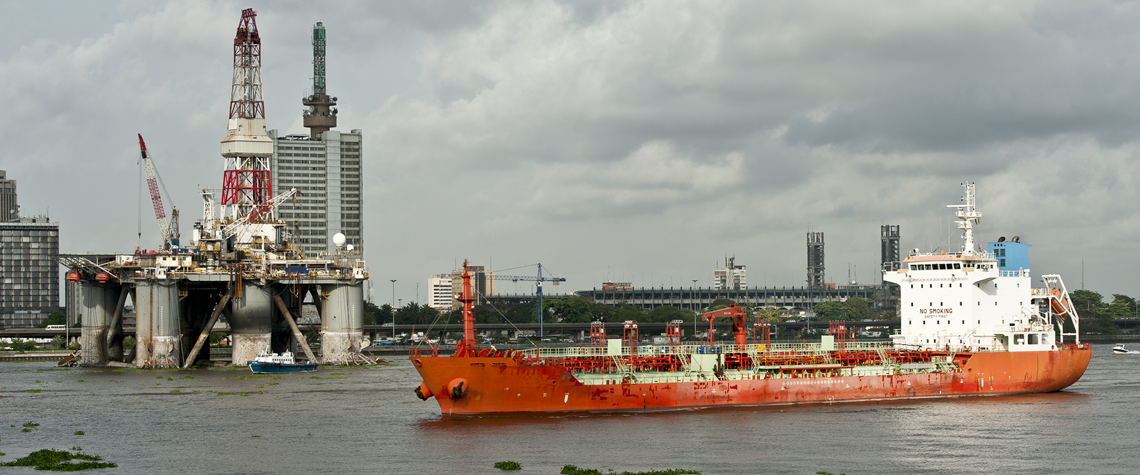Political risk threatens Nigeria's oil sector recovery
In Nigeria’s oil sector, debts are being settled—albeit gradually—and financial backing for new projects is being put in place, but investors remain cautious.
The Nigerian government claims to be making headway in putting the oil industry's finances in order and stimulating investment. But the international oil companies (IOCs) will want to see the outcome of February's presidential election and whether licensing reforms are implemented before sinking billions into further offshore developments. The state-owned Nigerian National Petroleum Corporation (NNPC) paid off all its cash calls due in 2017-18 and has said that, by September 2018, it had paid almost off almost $1bn out of a total of around $5bn in arrears it owes to joint ventures with its international oil company partners. NNPC also said it had signed agreements with the joint venture comp

Also in this section
18 February 2026
With Texas LNG approaching financial close, Alaska LNG advancing towards a phased buildout and Magnolia LNG positioned for future optionality, Glenfarne CEO Brendan Duval says the coming year will demonstrate how the company’s more focused, owner-operator approach is reshaping LNG infrastructure development in the North America
18 February 2026
The global gas industry is no longer on the backfoot, hesitantly justifying the value of its product, but has greater confidence in gas remaining a core part of the global energy mix for decades
18 February 2026
With marketable supply unlikely to grow significantly and limited scope for pipeline imports, Brazil is expected to continue relying on LNG to cover supply shortfalls, Ieda Gomes, senior adviser of Brazilian thinktank FGV Energia,
tells Petroleum Economist
17 February 2026
The 25th WPC Energy Congress, taking place in Riyadh, Saudi Arabia from 26–30 April 2026, will bring together leaders from the political, industrial, financial and technology sectors under the unifying theme “Pathways to an Energy Future for All”







